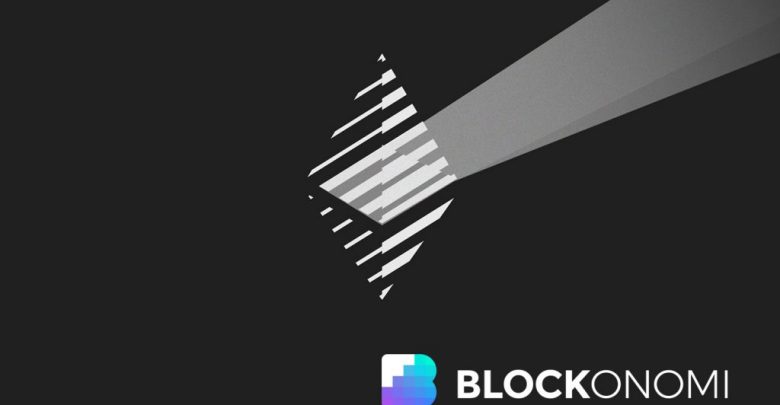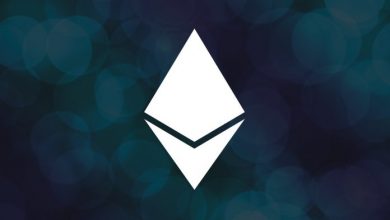
Navigating the Parity Ethereum Client “OpenEthereum DAO” Transition
Parity Technologies, the once Ethereum-centric firm behind the popular Parity client for Ethereum, announced this week it was looking to transition away from continuing to directly maintain that eponymous client.
The move comes as the company has been increasing the amount of resources it dedicates to its own in-house blockchain project, Polkadot, in recent months. It also comes after tensions between some in the Ethereum community and some in the wider Parity ecosystem grew more strained this year.

In the transition’s announcement post, Parity said it was becoming harder to allocate the labor needed to maintain its client.
“We spend an unfortunately large amount of time on relatively mundane maintenance work that could be better done by others,” the firm said.
Continuing on, the Parity team added that it has reached a point where justifying its continued maintenance of its Ethereum client had become a challenge:
“Indeed, Parity is increasingly unable to dedicate the level of resources required for even simple maintenance of this project. As we move to a multi-chain future based on technology that is far more modular, maintainable and interoperable, we find it increasingly difficult to explain to our stakeholders why it makes sense to dedicate our expertise to maintaining legacy technology.”
Enter the OpenEthereum DAO
So that the Parity codebase is not left by the wayside, Parity declared plans to help foster a decentralized autonomous organization, or DAO, that could take over maintenance duties for the client.
Dubbing that new organization as “OpenEthereum,” Parity hailed the shift as a rebirth:
“To support this outcome, we are planning to move Parity Ethereum codebase to a DAO made up of the developers and organizations who depend on our technology and who will take over maintenance. In essence, the ‘Parity Ethereum’ project will be reborn as a new, decentralized project: we’d like to call that project OpenEthereum.”
The firm explained that they envisioned the DAO would function according to “a stake-weighted token system,” which would allow its participants to help steer the direction of the project in accordance with the level of their contributions.
On the flip side, some skeptics in the Ethereum community took the DAO proposal as just the latest sign that Parity was angling to wash its hands of Ethereum for good.
What About Parity’s EF Grant?
Back in January, the Ethereum Foundation (EF) awarded Parity Technologies a multi-part $5 million USD grant.
Notably, the first tranche of the grant was for open-source development efforts that Parity has already completed, while the later tranches — to be delivered upon the completion of associated work milestones — were to be focused around Parity’s coming work on “Ethereum 2.0” Serenity upgrade technology, namely “Casper, sharding, light clients, developer tools, QA, audits and infrastructure improvements.”
However, it appears Parity is nixing that latter development work, insofar as the firm revealed in its OpenEthereum post that it would likely be suspending its efforts on the EF grant projects and thus foregoing the remainder of the aforementioned $5 million grant.
To that end, Parity noted:
“That said, we will be highly focused on Polkadot for the foreseeable future and so will likely suspend our official paid mandate … as a Serenity development team with the Ethereum Foundation, continuing in an unofficial laissez-faire capacity only. We nonetheless hope to continue helping to prove the technology as much as possible using Substrate and very much look forward to creating bridges to the Eth 2.0 beacon chain and parachains based on it over the course of its rollout.”
If Parity does follow through on backing away from Serenity development, then in the least there will no longer be any shades of ambiguity as to whether Ethereum or Polkadot lay at the crux of the firm’s future.


eToro Risk Warning: 75% of retail investor accounts lose money when trading CFDs with this provider. You should consider whether you can afford to take the high risk of losing your money.
You have Successfully Subscribed!
Source: blockonomi.com
View original post






